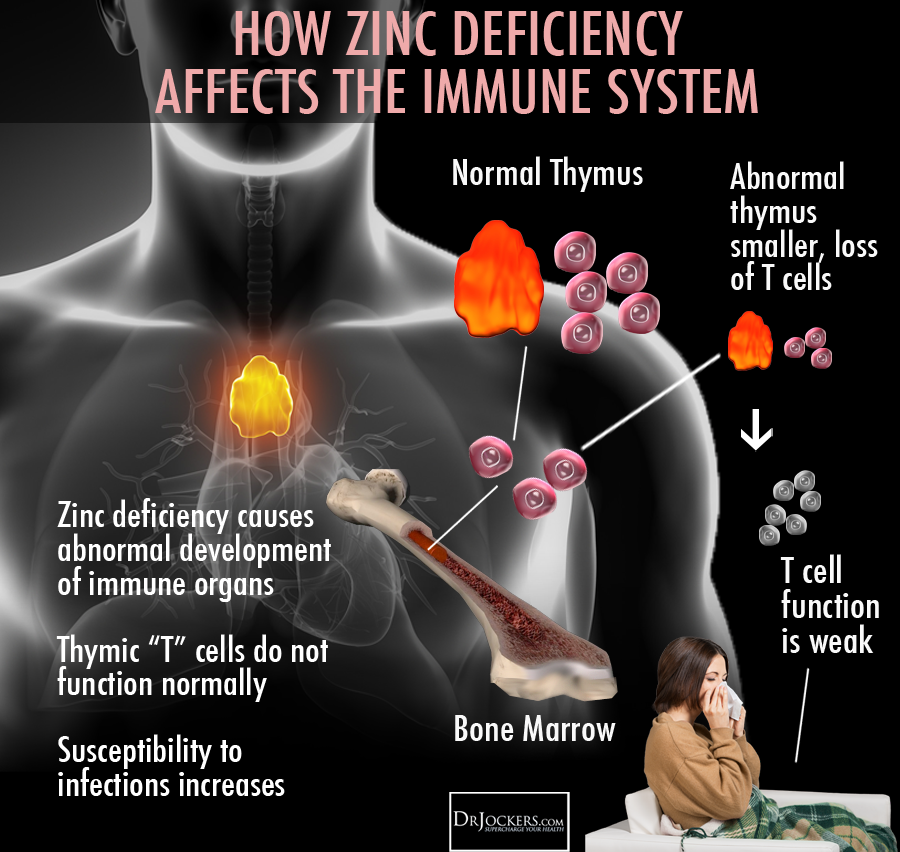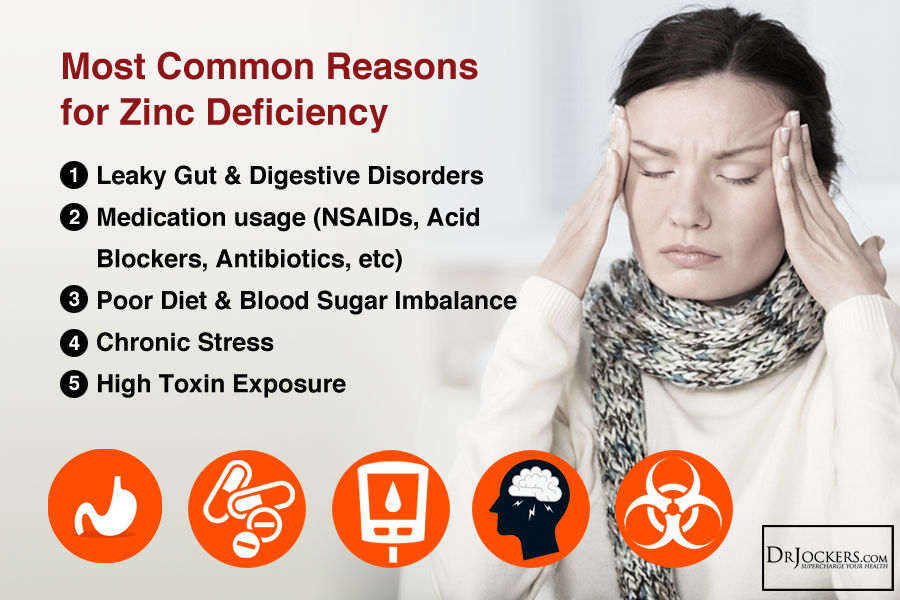Zinc
Zinc and Copper Imbalance
Copper and zinc are essential nutrients necessary to sustain the health and function of the human body. These two metal compounds naturally exist in the environment around us including our food and water but can pose major health complications if they are concentrated in our bodies inadequately.
Up until 1963, clinicians did not even question the possibility that zinc deficiency may cause serious health symptoms nevertheless pose a fatal threat.
Since then, an increasing rate of chronic illness and disease has caused researchers to further investigate how both metal toxicity and deficiency affect our health and wellbeing.
Aqua salveo has thoroughly considered Copper and Zinc imbalance in preparation of the solution Aqua Salveo Water Disinfectant (ASWD).
Zinc has so many health benefits that it’s almost impossible to cover them all in one post. Zinc is important for balancing immunity, decreasing inflammation, as an antioxidant, cognitive function and so much more!
What is Zinc?
Zinc is an essential mineral whose significance to health is increasingly appreciated. Zinc is found in all organs, tissues, and fluids in the body. Primarily Zinc is stored in Brain, Eye, Heart, Kidneys, Liver, Pancreas, Prostate Gland, Sperm, Bones, Strong Muscles and Skin. As the second most abundant trace mineral in the body after iron, it plays a pivotal role in a variety of biological processes. In 1961 essentiality of zinc for humans was recognized. A systematic literature search was done to identify relevant studies investigating the role of zinc in human health. This review concerns the importance of zinc in health and the consequences of its deficiency. Zinc deficiency leads to complications of pregnancy and childbirth, low birth weight and poor growth in childhood, reduced immunocompetence, and increased infectious disease morbidity. Pregnant women with zinc deficiency are at risk of premature labour and miscarriages, inefficient labour and delivery, stillbirths, lower mental ability of the child, retarded foetal growth and low immunity of both mother and baby. Zinc can reduce the duration, severity and incidence of diarrhea in children. Zinc deficiency was indicated as a risk factor for immune deficiency and susceptibility to infection in the elderly. Zinc is used in preventive trials and treatment of diarrhea, pneumonia, common cold, respiratory infections and malaria. Sufficient zinc is essential in maintaining immune system function. Supplementation of zinc and with other micronutrients may be beneficial during periods of greatest vulnerability such as early childhood, pregnancy and elderly. Ensuring adequate levels of zinc intake should be a key component in efforts to reduce illness. Zinc is required for the catalytic activity of more than 300 enzymes involved in the synthesis and metabolism of carbohydrates, fats, nucleic acids, other micronutrients and over 1,000 different types of proteins necessary for reading DNA. Zinc also plays roles in stabilizing cell and organ structures, wound healing, cell division, growth, blood clotting, thyroid function, vision, taste, and smell. Because it plays such a critical role in the immune system, zinc deficiency contributes significantly to the global burden of disease, making it a major public health issue. Groups at risk for zinc deficiency include people with digestive disorders, vegetarians, pregnant and lactating women, alcoholics, and people with sickle cell disease.
Zinc and Diet
Despite having such critical functions, it is not stored in the body and requires a regular intake from external source. Good dietary sources of zinc include red meats, seafood, dairy products, nuts, legumes, and whole grains. However, zinc is more easily absorbed from meat and animal proteins. Vegetables are not ideal sources because they contain phytate, a compound in plants that prevents zinc from being absorbed.



